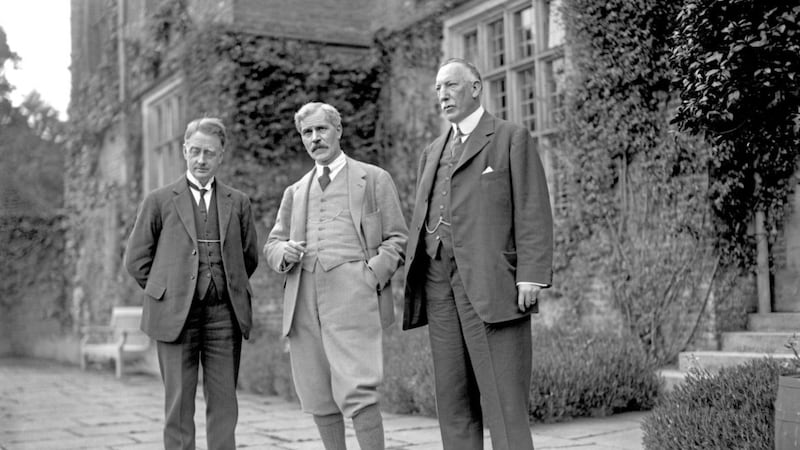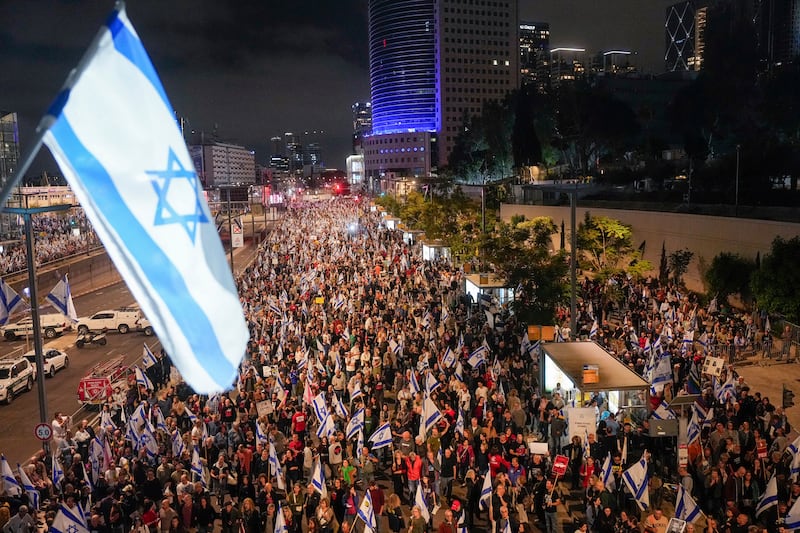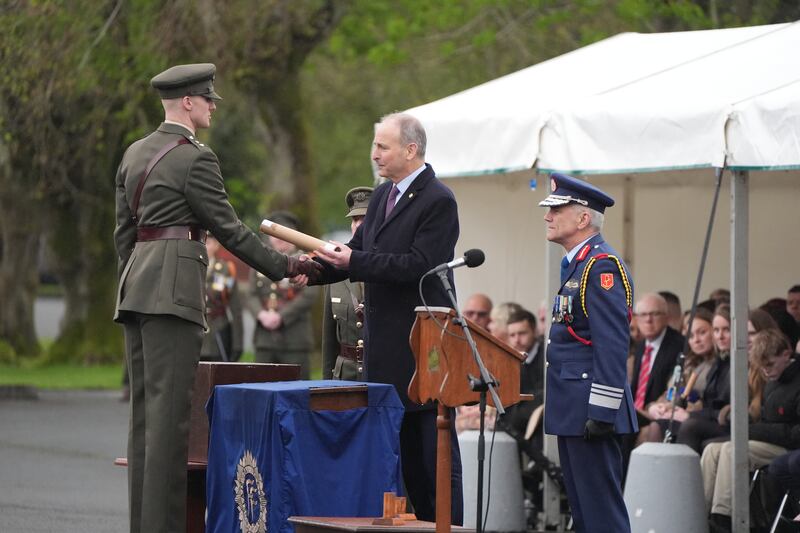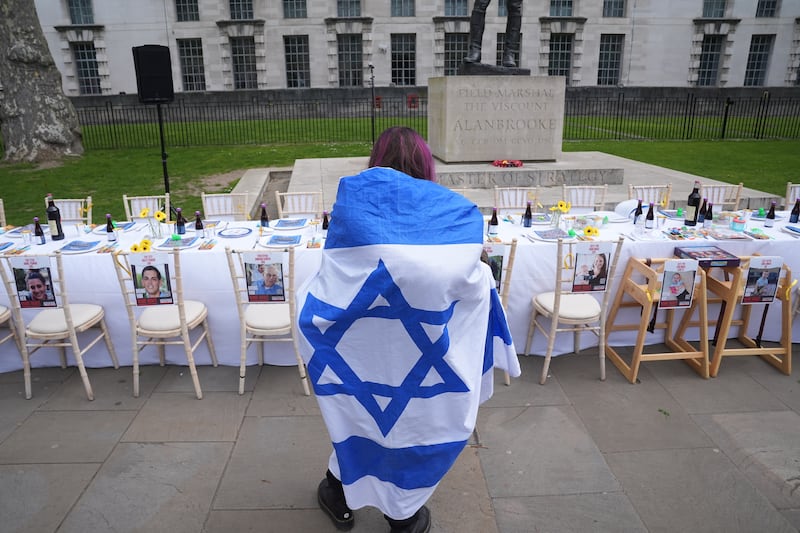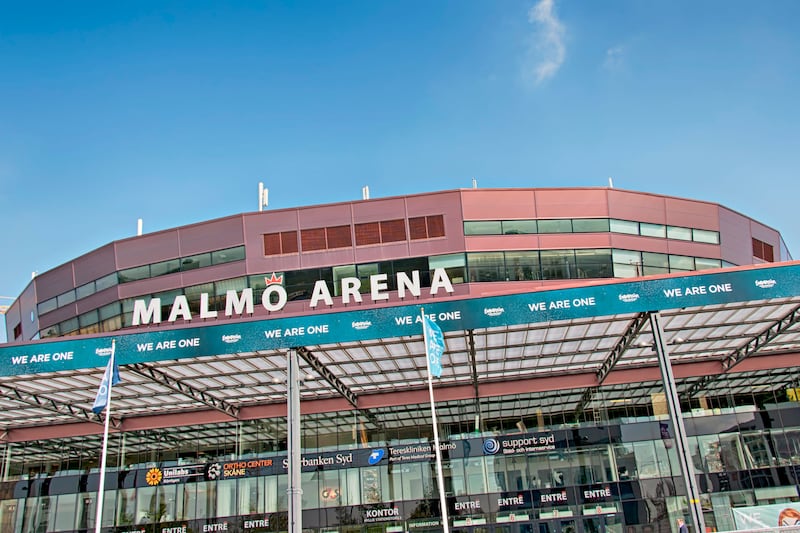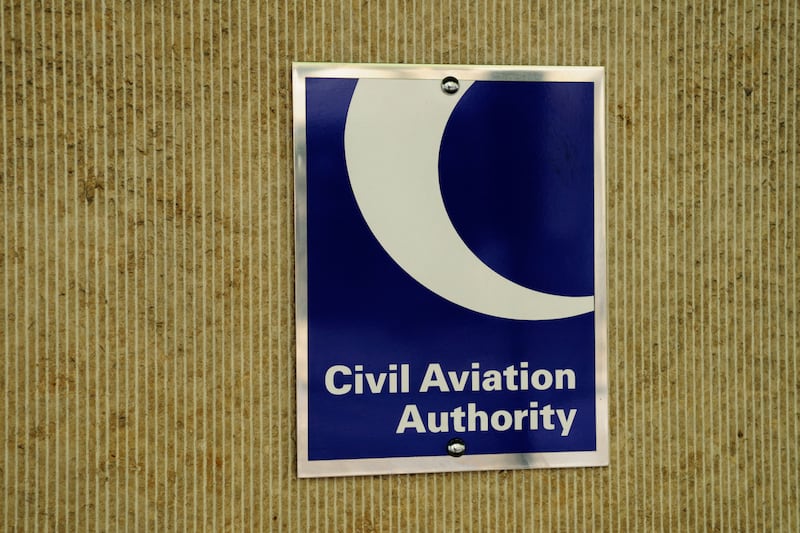It was entirely appropriate that the Israeli ambassador was summoned to the Department of Foreign Affairs in Dublin to be told of what taoiseach Leo Varadkar described as the Irish people's outrage and dismay over the appalling bloodshed in Gaza.
Many other countries across the western world - with the US a notable exception - have been taking similar steps, and Mr Varadkar was fully entitled to stress on Tuesday that his government was `profoundly shocked' at the scale of casualties inflicted on Palestinian demonstrators by the Israel Defence Forces (IDF) over recent days.
Independent observers said the IDF shot dead a minimum of 58 Palestinians and wounded at least 1,200 on Monday alone, while, according to Israeli officials, there have been no fatalities on their side since the latest protests began on March 30 and very few injuries have been reported.
It is very difficult to avoid the conclusion that it all amounts to a completely disproportionate display of force directed by a highly trained and hugely resourced army against a group of civilians whose principal weapons are slings and stones.
There can be no doubt that the Palestinians have engaged in prolonged rioting as part of their protests along the Gaza strip border in support of the right of refugees to return to land which they or their ancestors were forced to abandon following Israel's founding in 1948.
However, it is equally clear that there is little serious prospect of an encroachment into Israeli-held territory on the other side of a heavily fortified barrier under the control of battalions of IDF soldiers.
When the Palestians approach the fence, usually throwing rocks and petrol bombs, they have been met with sustained rounds of tear gas, plastic bullets and, in a completely unacceptable way, live ammunition.
The Palestinian dead have included a significant number of children, and Israeli claims that they have been defending themselves against activists from the revolutionary Hamas organisation, some armed with explosives, have been widely disputed.
It has all developed into a catastrophic scenario, and, although the casualty level has declined in the last 48 hours, it is essential that the international community facilitates all possible attempts to find non-violent solutions.
Unfortunately, President Donald Trump’s insistence since before his inauguration that he was determined to pursue the `ultimate deal’ of peace between Israel and the Palestinians has been gravely undermined by his recent actions in the region.
His massively contentious decision to relocate the US embassy from Tel Aviv to Jerusalem earlier this week has increased tensions across the Middle East and placed a range of obstacles in the path of progress.
Creating the conditions in which meaningful negotiations can finally start to take shape is going to be extremely difficult but represents the only hope in the long term.

